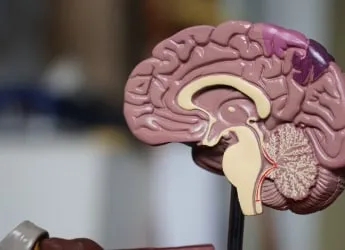New Study Reveals the Brain Stores Multiple Copies of Every Memory in the Hippocampus

How Memories Are Encoded
The study highlights the complexity of memory formation within the hippocampus. Early-born neurons are responsible for the long-term retention of memories, forming a foundational copy that is critical for enduring recollection. Middle-ground neurons ensure the memory's stability, while late-born neurons, although strong at first, contribute to the more malleable aspects of memory that might be reshaped by new experiences or information.
Implications for Memory-Related Disorders
The findings carry significant implications for understanding and treating memory-related disorders. For instance, in conditions like PTSD, where memories can be distressing and intrusive, therapies could target the late-born neurons to diminish the emotional impact of traumatic memories. Conversely, for those suffering from dementia, stimulating early-born neurons might help enhance memory retention, potentially slowing the progression of memory loss.
Future Possibilities
Understanding how different neuron groups contribute to memory storage opens new avenues for potential therapies. By selectively targeting the type of neuron involved in encoding a memory, researchers may eventually develop treatments that can either strengthen memory retention or enable the rewriting of painful memories.
This article was prepared using information from open sources in accordance with the principles of Ethical Policy. The editorial team is not responsible for absolute accuracy, as it relies on data from the sources referenced.